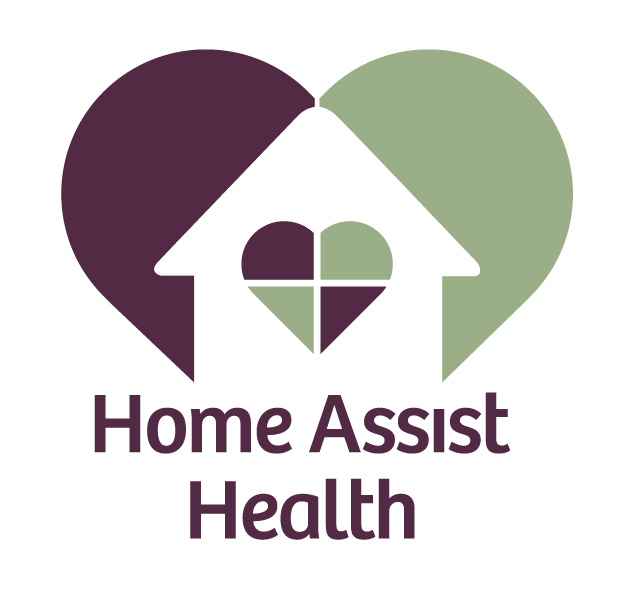Mental health is a vital part of overall health. It affects how people think, feel, and behave. Many people with symptoms of depression don’t describe themselves as feeling depressed. It can be embarrassing to talk about. It is not unusual for caregivers to develop mild or more serious depression as a result of the constant demands they face while providing care.
Symptoms of Depression – People experience depression in different ways. Some may feel classic symptoms, like sadness and hopelessness. Others may have signs that you might not equate with depression, such as extreme fatigue or irritability. Have you experienced any of the following for longer than two weeks?
• Feeling sad, tearful, empty, hopeless
• Weight loss and no appetite or cravings with weight gain
• Changes in sleep
• A loss of interest in people and/or activities that once brought you pleasure
• Feeling numb
• Becoming easily agitated or angered
• Feeling that nothing you do is good enough
• Increase in alcohol or drug consumption
• Excessive time on the Internet
• Trouble focusing, thinking, or planning — as if your head was filled with fog
• Neglecting your physical well-being and appearance
• Thoughts of running away, or escaping from the situation
• Thoughts of death or suicide, ideas of how to end your life
• Ongoing physical symptoms that do not respond to treatment, such as headaches, digestive disorders, and chronic neck and back pain
Early attention to symptoms of depression through exercise, a healthy diet, positive support of family and friends, or consultation with a trained health or mental health professional may help to prevent the development of a more serious depression over time.
Caring for a person with dementia can be all consuming – Researchers have found that a person who provides care for someone with dementia is twice as likely to suffer from depression as a person providing care for someone without dementia. Not only do caregivers spend significantly more hours per week providing care, they report more employment problems, personal stress, mental and physical health problems, lack of sleep, less time to do the things they enjoy, less time to spend with other family members, and more family conflict than non-dementia caregivers.
Women experience depression at a higher rate than men – Women, primarily wives and daughters, provide the majority of caregiving. In the United States, approximately 12 million women experience clinical depression each year, at approximately twice the rate of men. If you think depression is all in your head, think again. Physical factors like menopause, childbirth, PMS, thyroid disease, and nutritional deficiencies in iron, vitamin D, and Omega-3 fatty acids can all cause depression.
Military and veteran caregivers are at risk of depression – Military and veteran caregivers experience depression nearly twice the rate of non-military caregivers. The more severe the mental and/or physical health conditions of the veteran, the more demands you face as a caregiver. Conditions like dementia, traumatic brain injury, and post-traumatic stress disorder (TBI and PTSD) can be particularly challenging for caregivers. Trying to cope with daily life in addition to watching out for the veteran’s triggers, or helping them cope with their own stress, can lead you to feel overwhelmed and increase feelings of depression, particularly feelings of helplessness and hopelessness. As a military caregiver, you may not have other people in your life who understand the experience of caring for a service member, particularly younger caregivers whose peers are unlikely to be facing the same kinds of challenges. You may have even moved to have better access to VA benefits, or to a region that is more supportive to your veteran’s needs, which can make you feel even more isolated and less likely to have help from people you know and trust. That doesn’t mean help isn’t available. The first step is to talk to your doctor who can refer you to a mental health professional and can prescribe medications as appropriate.
Lack of sleep contributes to depression – While sleep needs vary, most people need eight hours a day. Loss of sleep as a result of caring for a loved one can lead to serious depression. The important thing to remember is that even though you may not be able to get your loved one to rest throughout the night, you can arrange to get much needed sleep. Hiring a respite worker or engaging a friend to be with your loved one while you take a nap, finding a day care center, or scheduling a stay over with another family member for a few nights, are a few ways to keep your caregiving commitment while getting the sleep you need.
What to Do if You Think You Have Depression
The best way to figure out what is causing symptoms is to talk to a qualified professional, like your doctor. If you feel uncomfortable using the term depression, tell your doctor that you are “feeling blue” or “feeling down,” and describe your personal experience and symptoms. The more specific you can be, the better your doctor can help you. The important thing is to make it a priority during your appointment and be as honest as possible so your doctor can help you.
